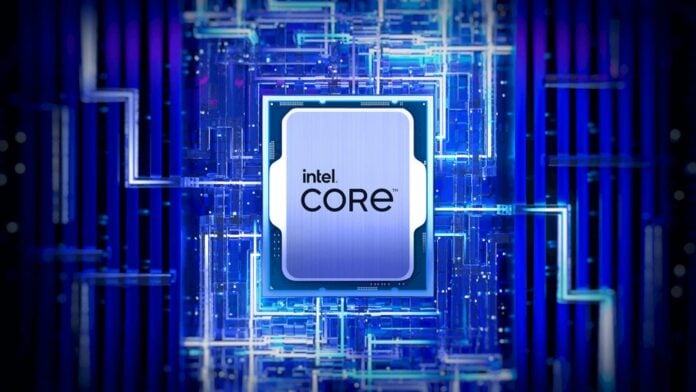Intel is seemingly under investigation by a law firm for a potential class action lawsuit due to its faulty CPUs. Team Blue may be in a bit of a pickle as these firms don’t give up when they smell blood.
Fortunately for the users, Abington Cole + Ellery, a law firm from Oklahoma specialised in class actions and intellectual property, has begun investigating the recent debacle. If the findings are strong enough, the firm could attempt legal actions against Intel on behalf of customers.
As a reminder, Intel is having a lot of trouble lately as its 13th and 14th gen Raptor Lake CPUs are plagued with instability issues. These random crashes were first attributed to unstable frequencies caused by overzealous motherboards before attention turned towards higher operating voltages. It didn’t help that the chipmaker threw its board partners under the bus making everyone think that their CPUs were damaged by aggressive motherboard BIOS settings aimed to extract the most of each chip.
It turned out that Intel isn’t completely innocent as this issue is also related to a microcode algorithm bug resulting in incorrect voltage requests to the processor. Thankfully, the manufacturer seems to have found the root cause of these issues and plans to release a patch this month. However, it’s too late for CPUs that are already damaged, as they physically can’t become stable again. Degredation is permanent. That said, the company has promised to replace all damaged CPUs, with some users already waiting for their shipment. Those in a hurry can also pay a $25 fee to receive a new CPU while the problematic one is on its way back.
Whether the firm decides to go with the lawsuit or not, Intel will surely claim a huge loss due to this mistake. Moreover, in addition to paying damages or replacing RMA (Return Merchandise Authorisation) chips if the lawsuit wins, the brand already has a stain on its image. Not long ago, it was known for its nigh-indestructible CPUs that last forever. I own some 16-year-old Core 2 Duo CPUs that still work just fine.
If Intel continues honouring these RMA claims, the law firm may not collect enough plaintiffs to make lawsuit worth it. Personally, I’d rather get a new working CPU than win $50 after years of waiting. What is sure is that Intel will not forget this mistake anytime soon.


